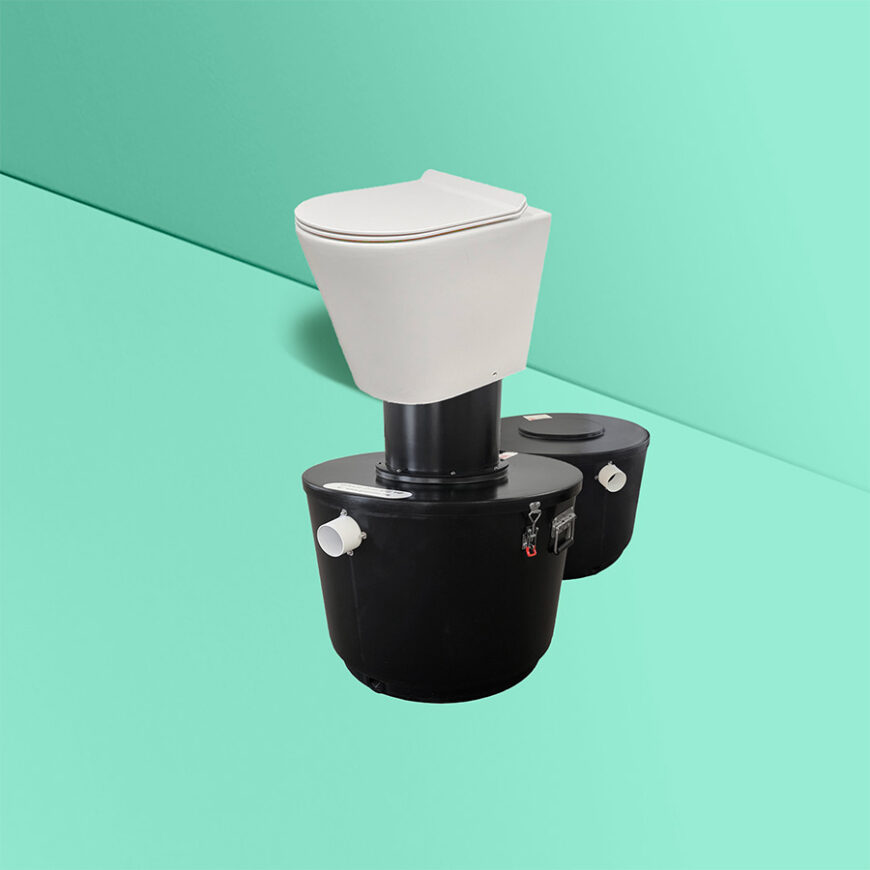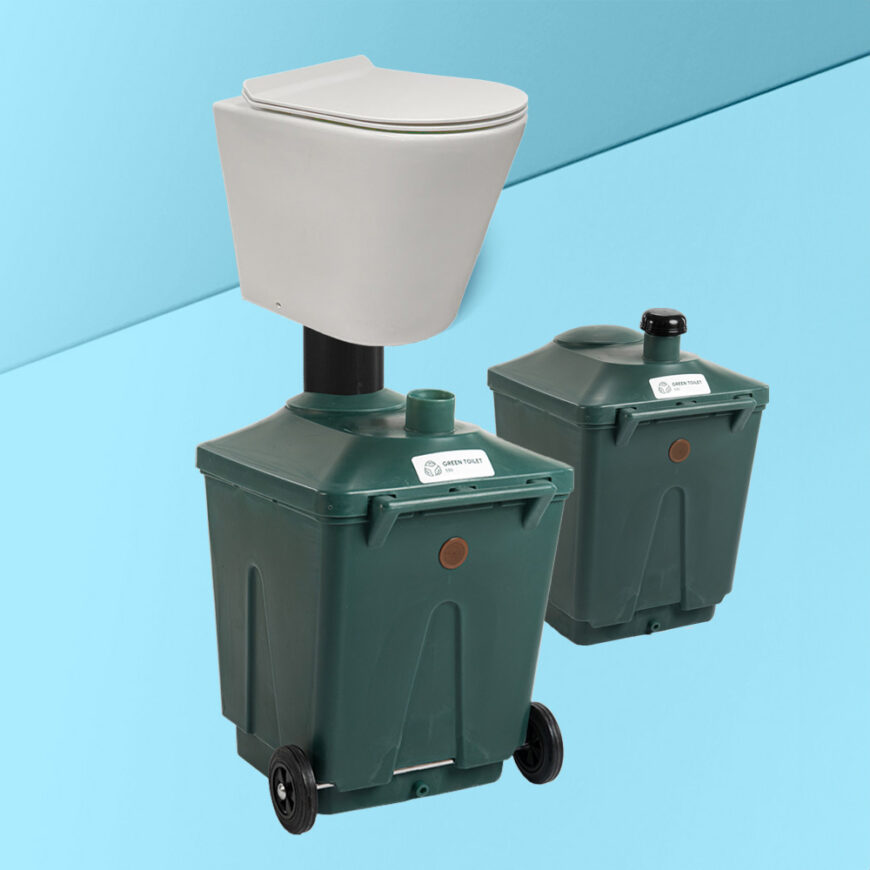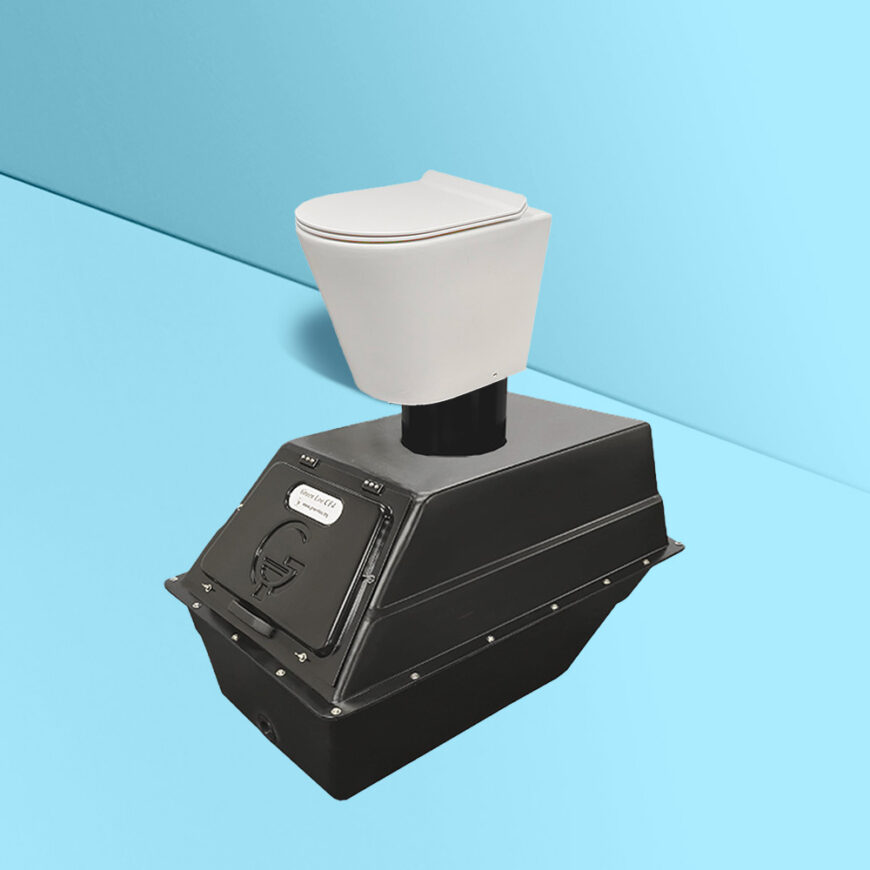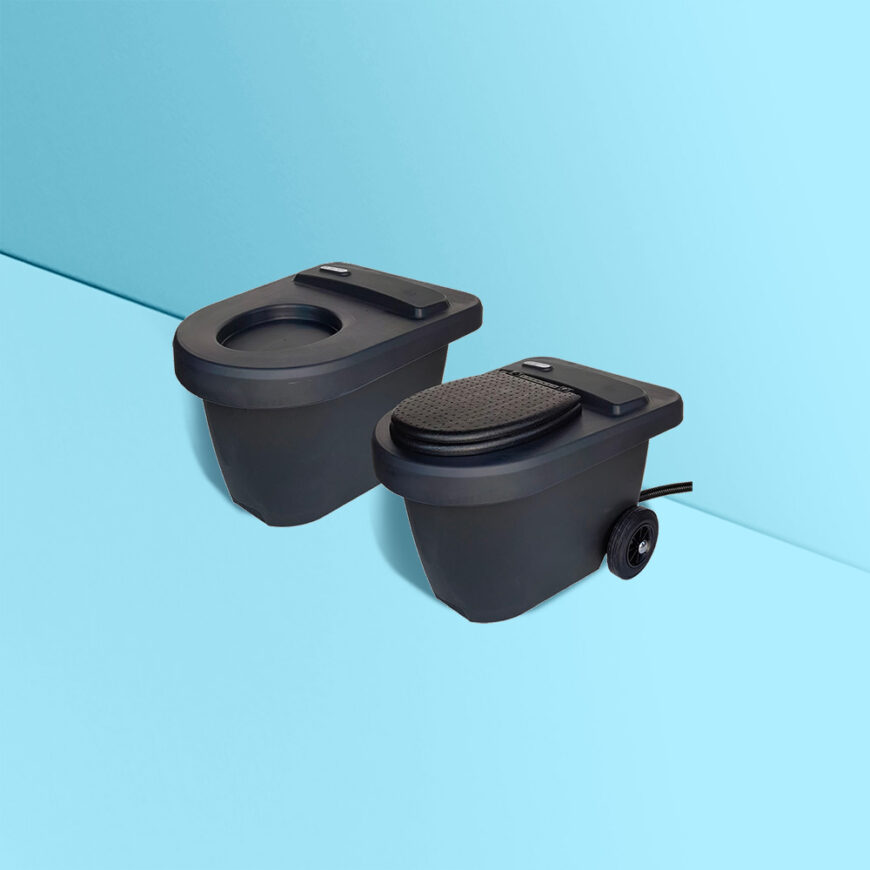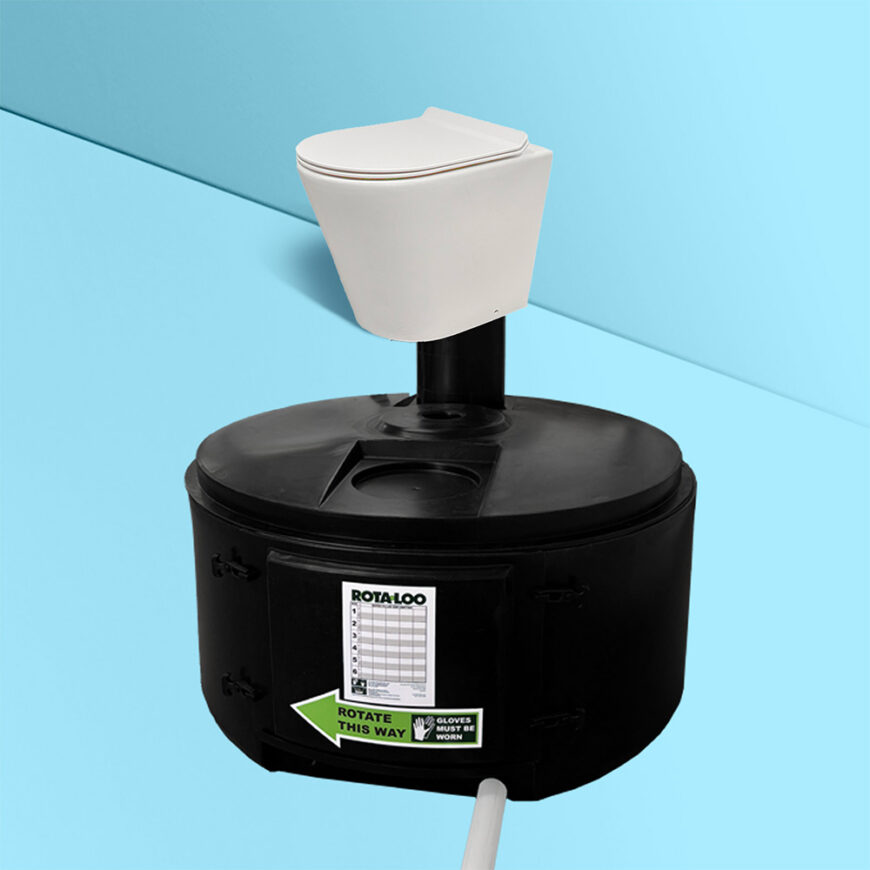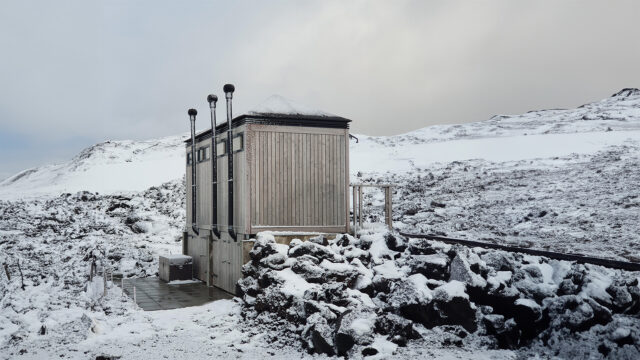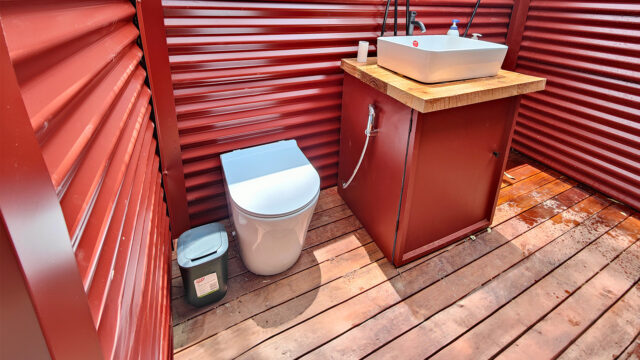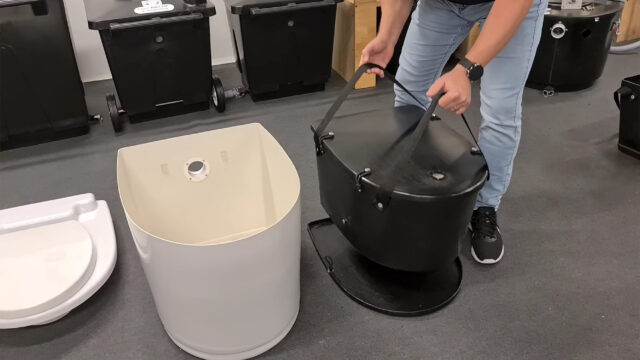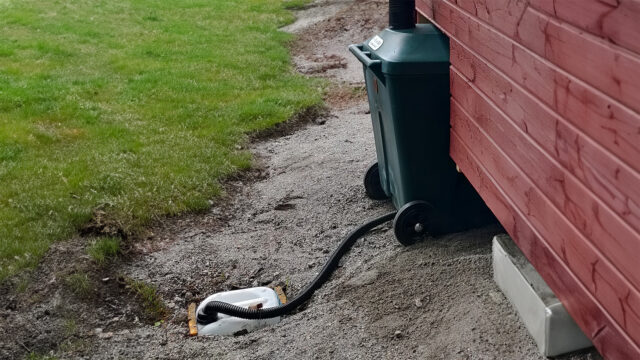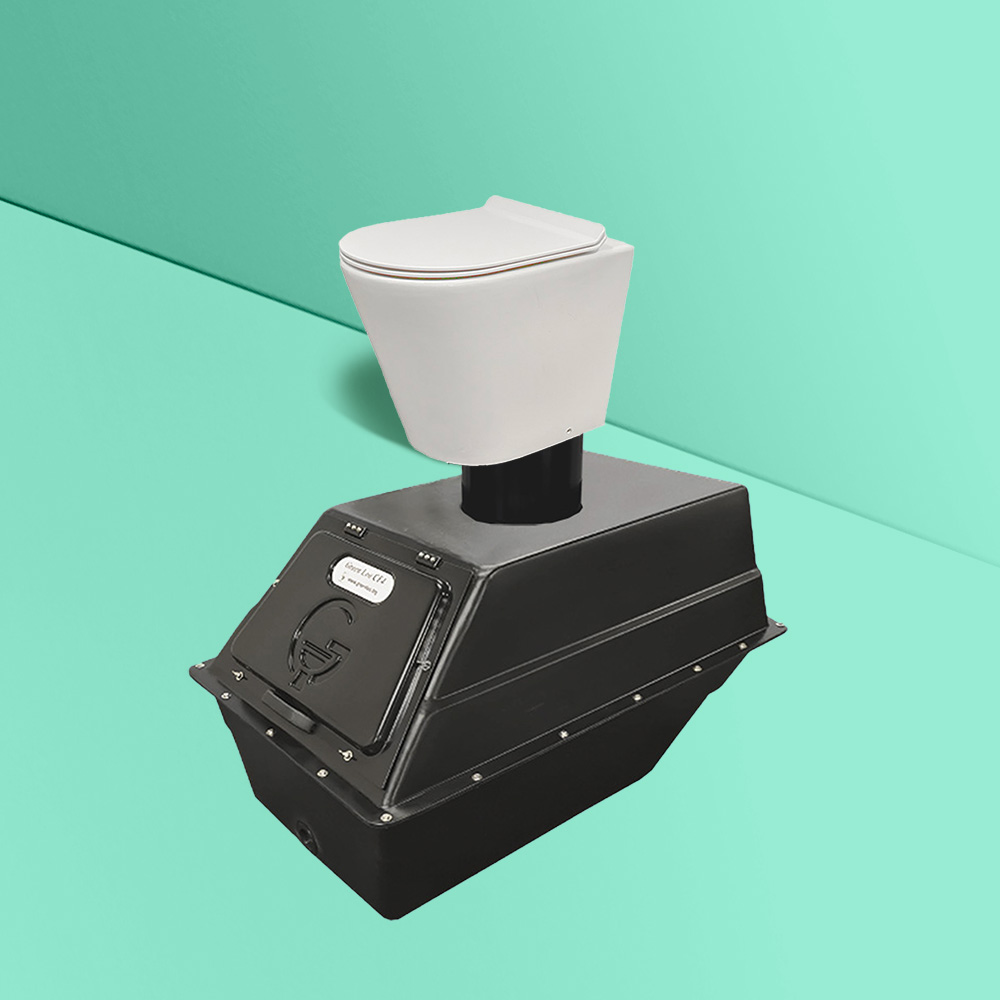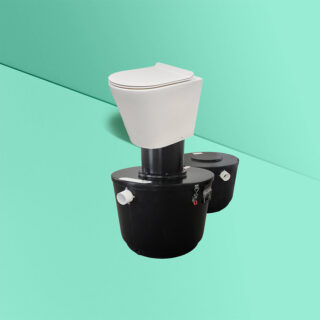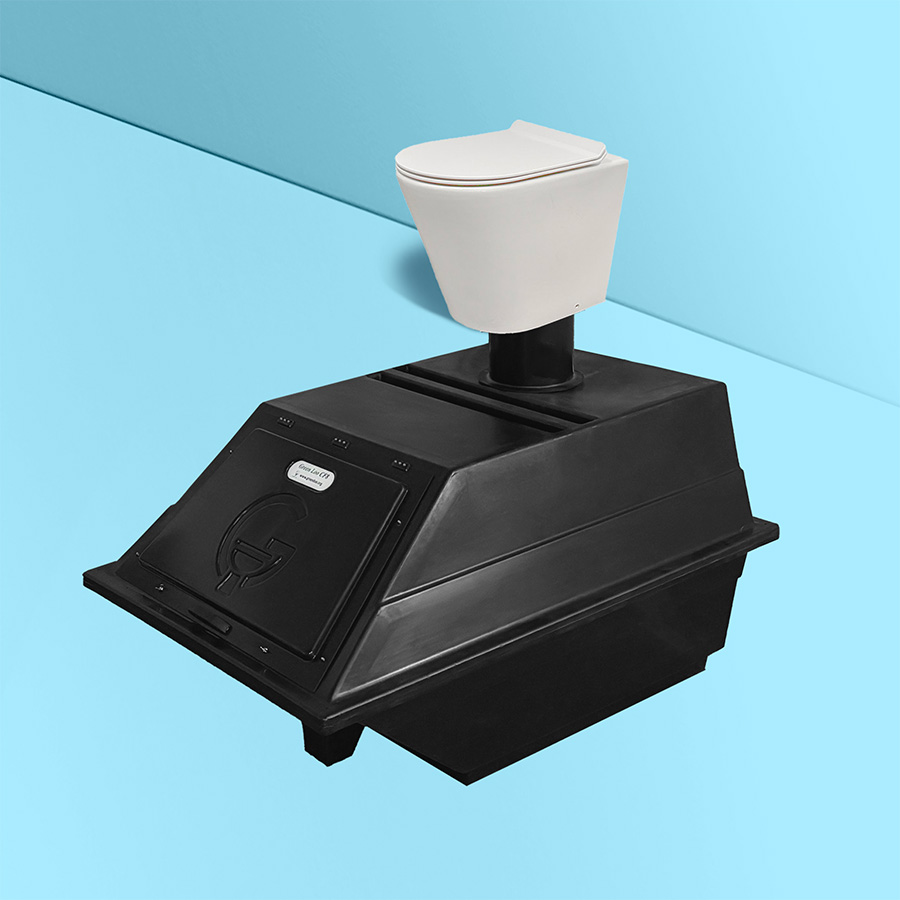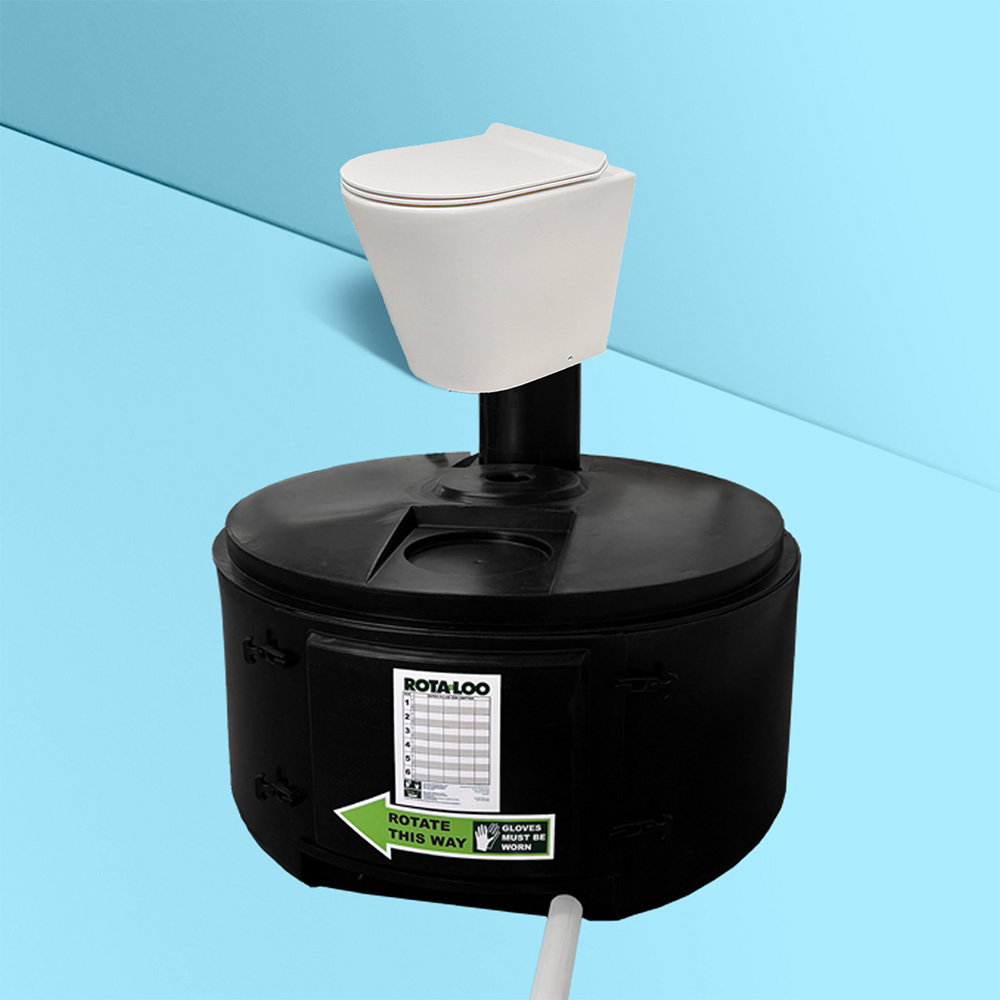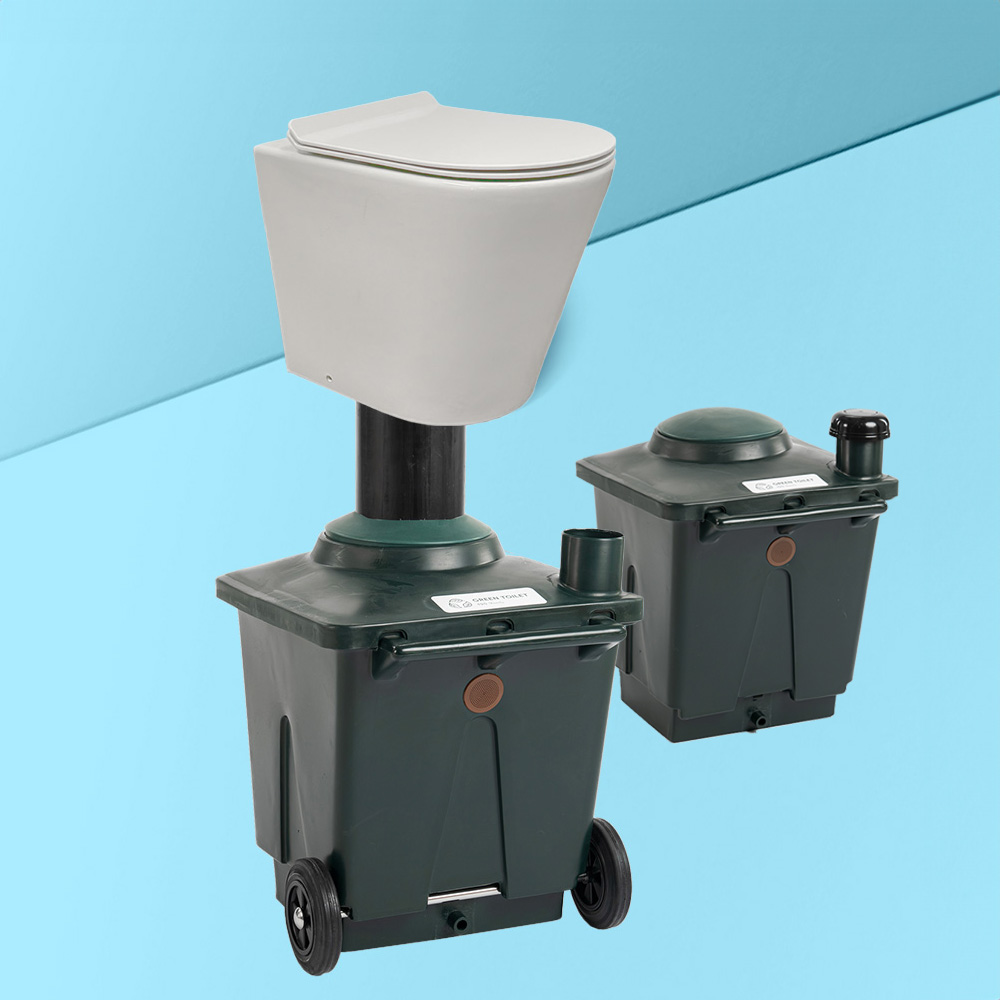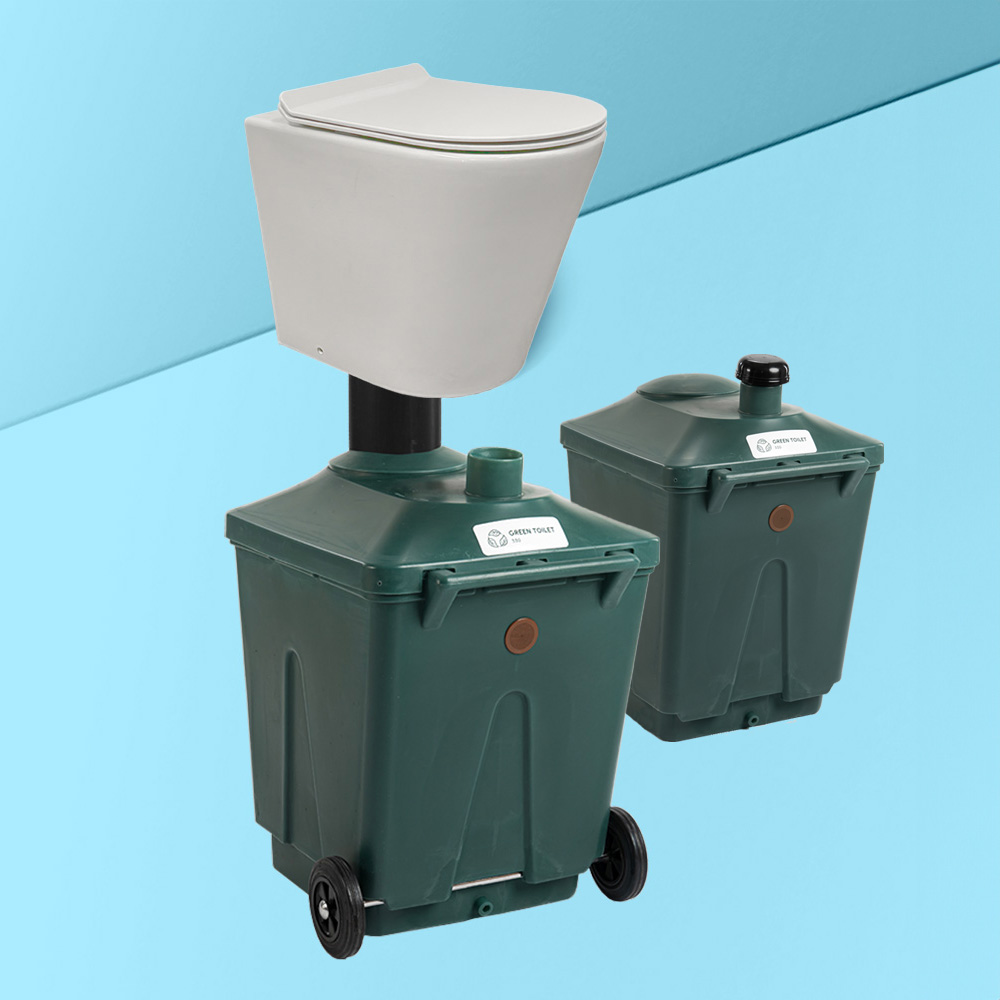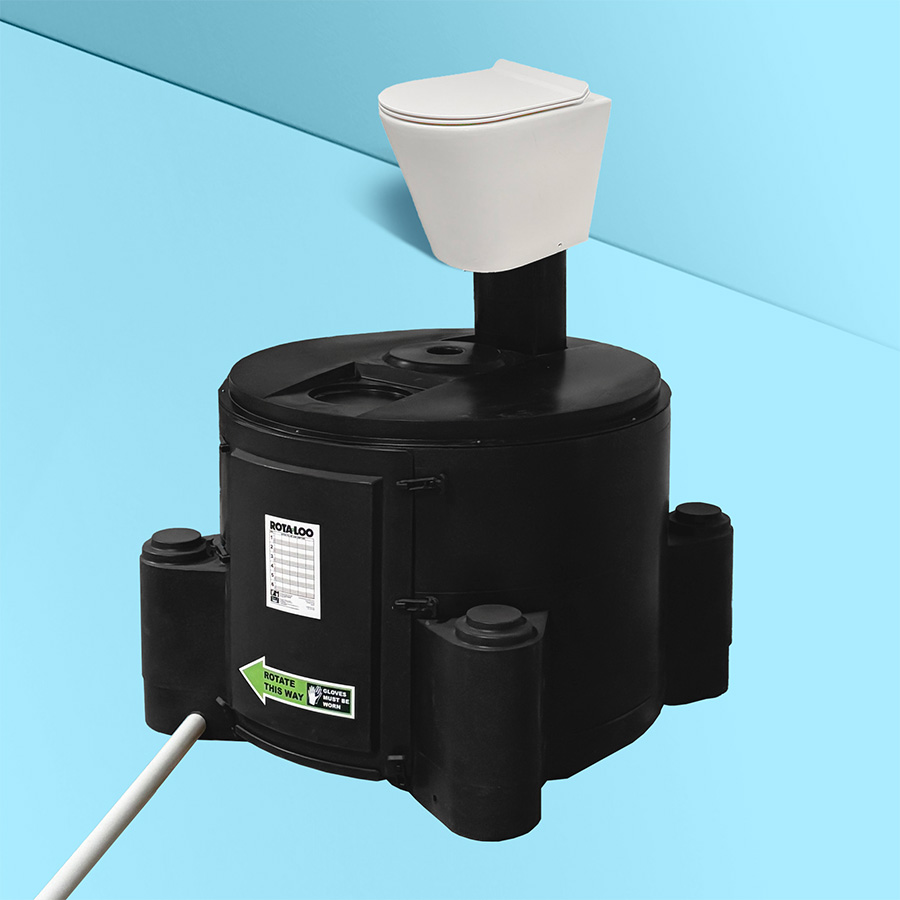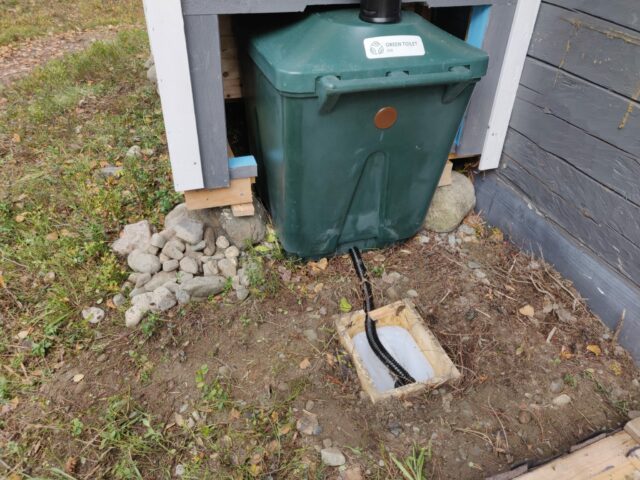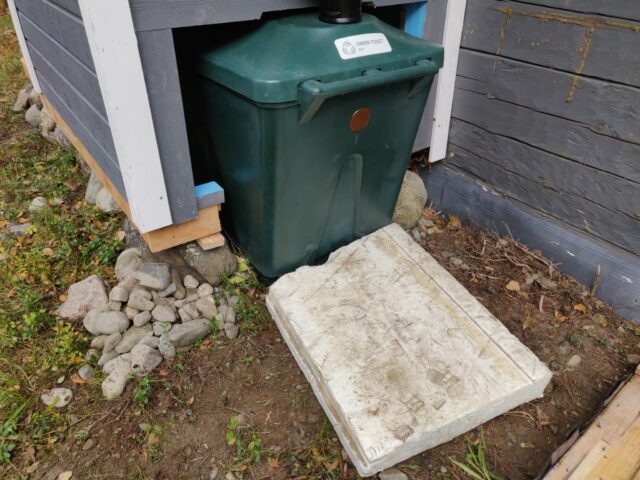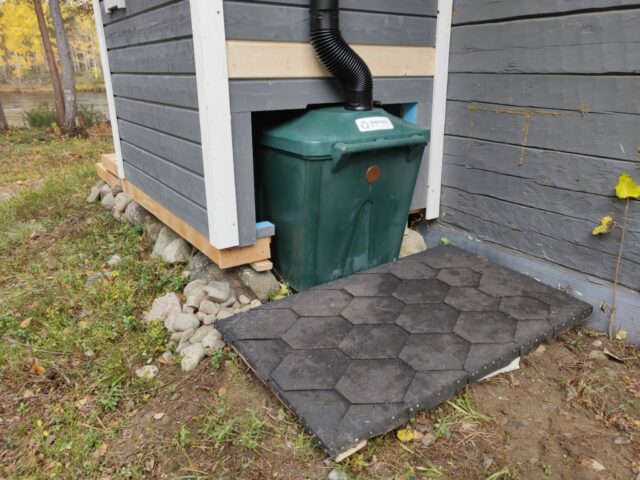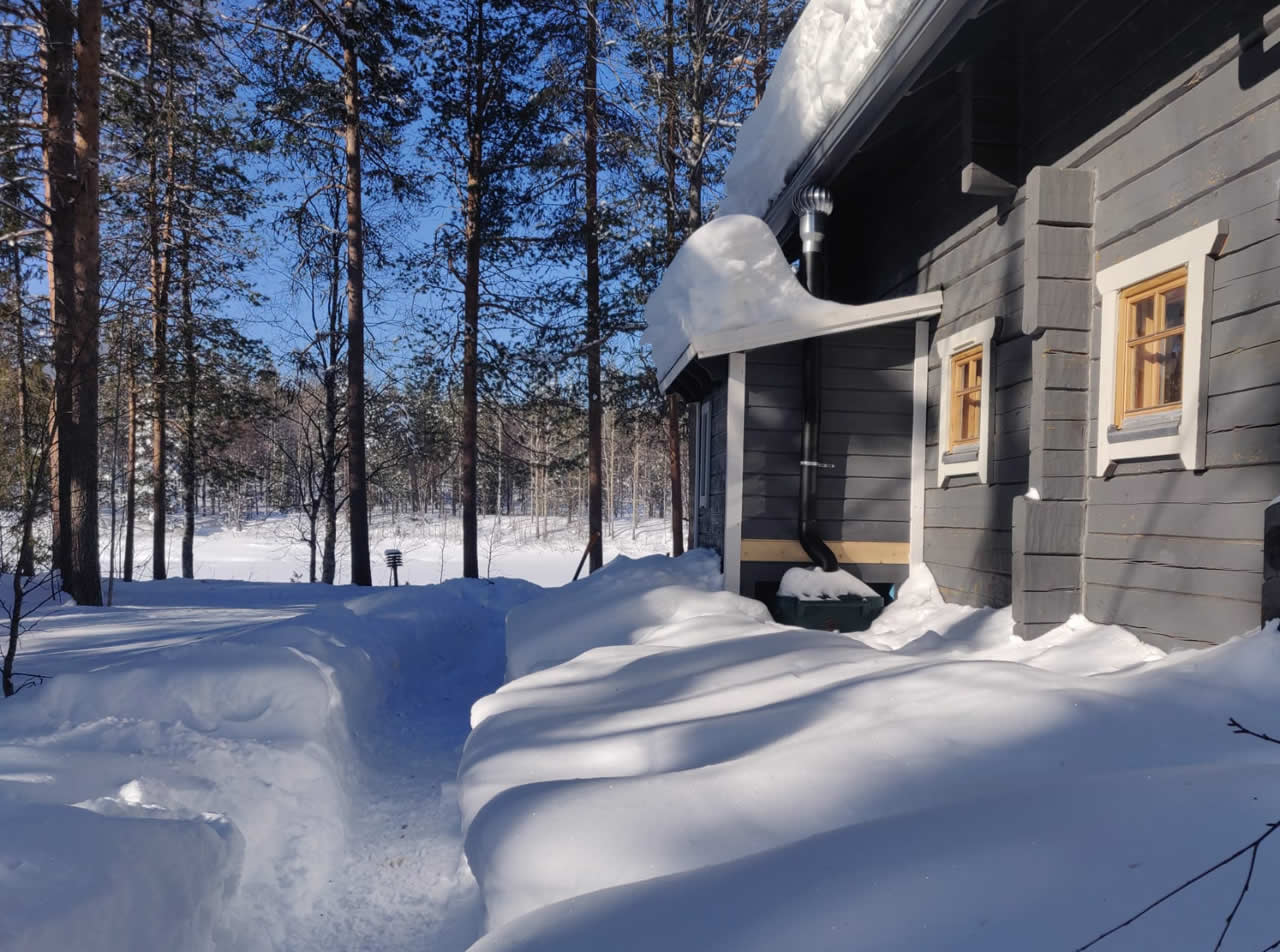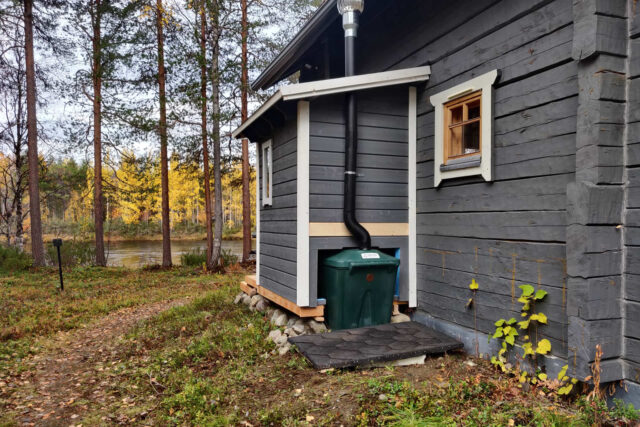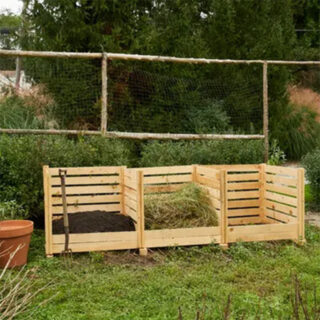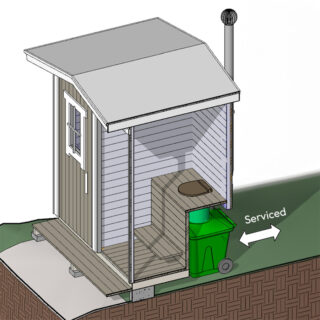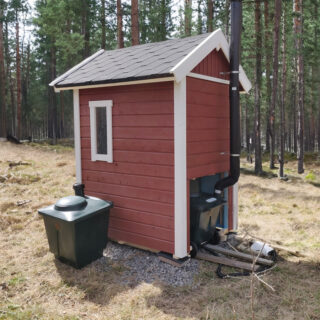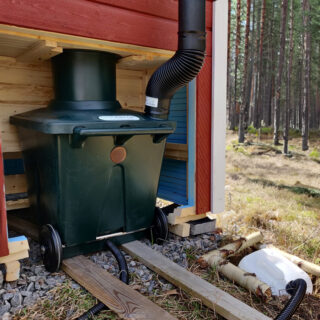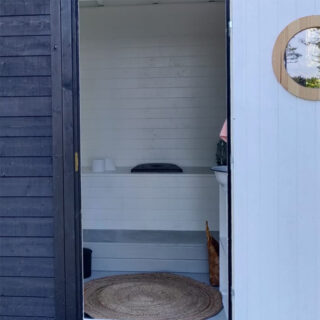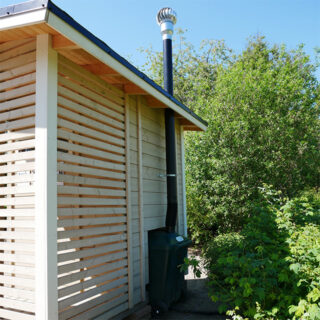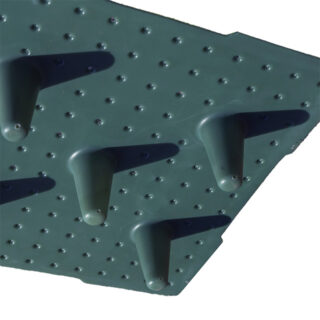Off-Grid and On the Farm: Why Composting Toilets Make Sense for Homesteads
In the world of homesteading, self-reliance isn’t just a goal—it’s a way of life. Whether you’re living off-grid, growing your own food, or raising animals, every part of the homestead is about living in harmony with the land. That’s why composting toilets have become a natural fit for modern homesteads and small farms. These waterless systems offer an eco-friendly, low-maintenance alternative to traditional plumbing, helping families stay sustainable while reducing waste. In this article, we’ll explore how composting toilets support the homesteading lifestyle, their practical benefits on the farm, common use cases, and how to choose the right system for your setup.
Why Composting Toilets Fit the Homestead Lifestyle
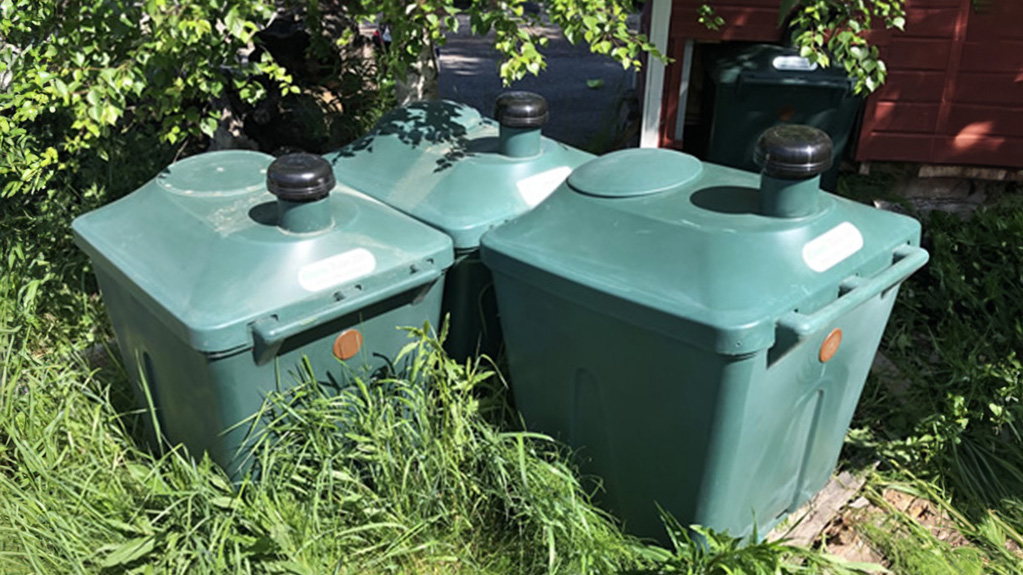
Composting toilets align naturally with the core values of homesteading: sustainability, simplicity, and self-sufficiency. Here’s why they’re a great match:
- Off-grid ready – No need for plumbing or electricity, making composting toilets ideal for remote cabins, tiny homes, or off-grid properties.
- Water-saving – Composting toilets use little to no water, helping to conserve this valuable resource, especially in dry regions or on properties using wells.
- Low environmental impact – Waste is transformed into compost rather than flushed away, reducing pollution and recycling nutrients back into the soil.
- Easy to manage – With the right setup, maintenance is straightforward and fits naturally into the hands-on, DIY lifestyle of homesteaders.
- Cost-effective – Composting toilets eliminate the high costs of installing septic systems or connecting to municipal sewage, which is especially helpful when building in stages.
- Aligned with homestead values – These systems support a lifestyle based on reducing waste, working in harmony with nature, and living more self-sufficiently.
Practical Benefits for Farms
On a working farm, convenience, durability, and functionality are key—and composting toilets deliver on all fronts. Here’s how composting toilets add value to farm life:
- No septic system needed – A great solution for rural areas where installing a septic system is costly or not feasible.
- Flexible placement – Can be set up in barns, outhouses, sheds, or anywhere a toilet is needed, without requiring underground plumbing.
- Time-saving – Helps avoid trips back to the house during long workdays, which is especially convenient for family members and seasonal workers.
- Supports soil health – Some systems allow composted waste to be safely used on trees or non-edible plants, returning nutrients to the land.
- Works year-round – Many composting toilets are designed to perform well in all seasons, including cold winter conditions.
- Resilient and low-maintenance – Built to withstand frequent use by multiple people with minimal upkeep required.
Case Uses Around the Farm
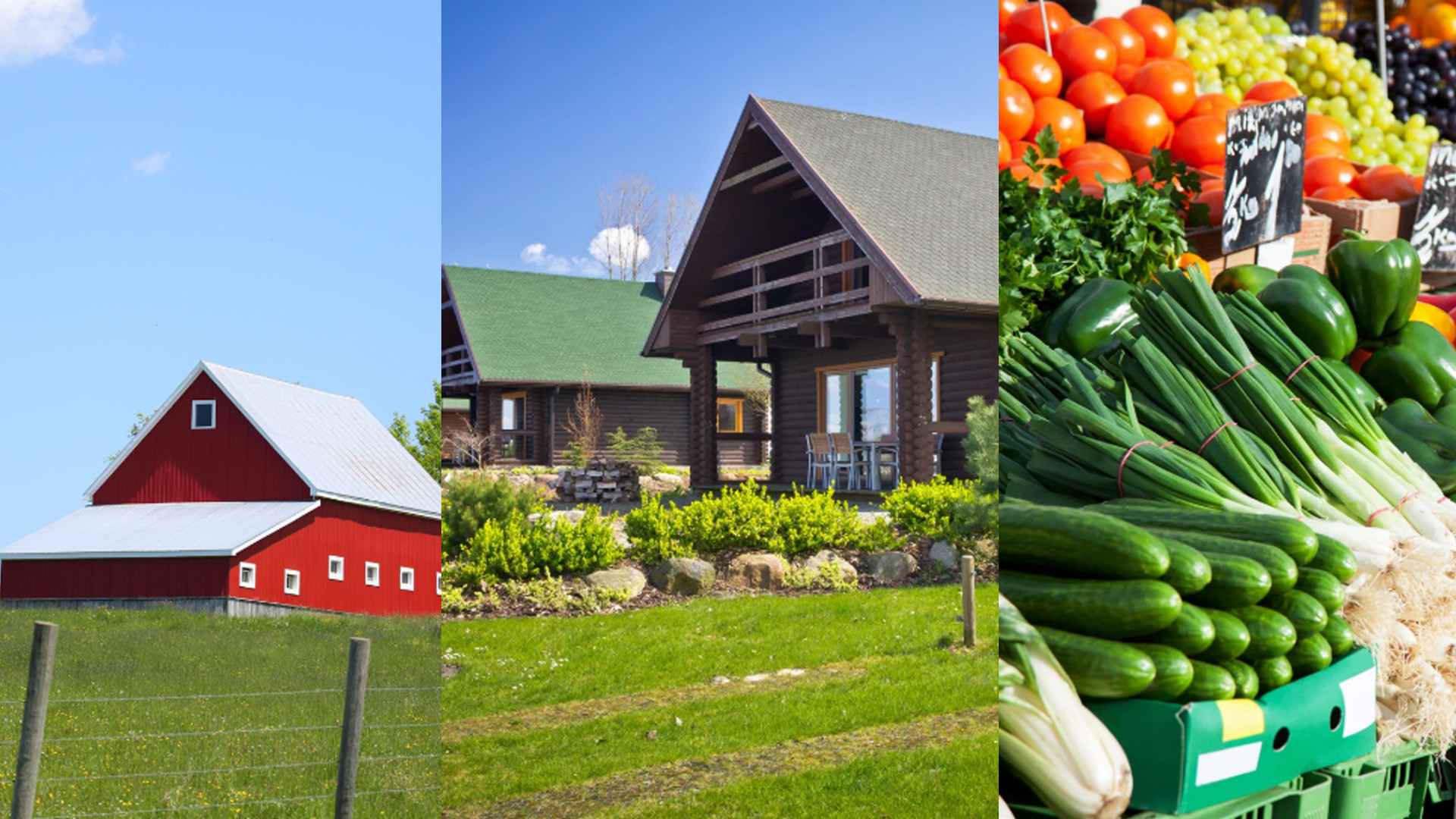
Composting toilets offer flexibility that fits the varied routines of farm life. Here are a few common ways they’re used across homesteads and small farms:
Field and Barn Toilets
Installing a composting toilet near fields, animal pens, or barns saves time during long workdays. There’s no need to walk back to the main house for toilet.
Toilets for Guest Cabins and Workers
Whether it’s a rustic cabin for visitors, a trailer for seasonal workers, or a tiny home for extra living space, composting toilets provide an independent solution without needing plumbing or septic hookups.
On-Farm Shops and Markets
If you sell produce from a roadside stand or host weekend markets, adding a toilet nearby can make your space more inviting and accessible for both customers and workers.
Agritourism and Glamping
Many homesteaders are turning to short-term rentals, farm stays, or glamping as an extra income stream. Composting toilets are a perfect fit for eco-conscious accommodations—no septic required, and guests love the sustainability angle.
System Options and Recommendations
Choosing the right composting toilet system can make a big difference in comfort, maintenance, and long-term satisfaction. Here are a few recommended options that suit the needs of farms and homesteads especially well.
If you need help in finding the best composting toilet for your needs, please contact us at the Waterless Toilet Shop and we’re happy to help!
📱(702) 328 0689
✉ info@waterlesstoiletshop.com
Split-System Toilets with Ceramic Pedestals
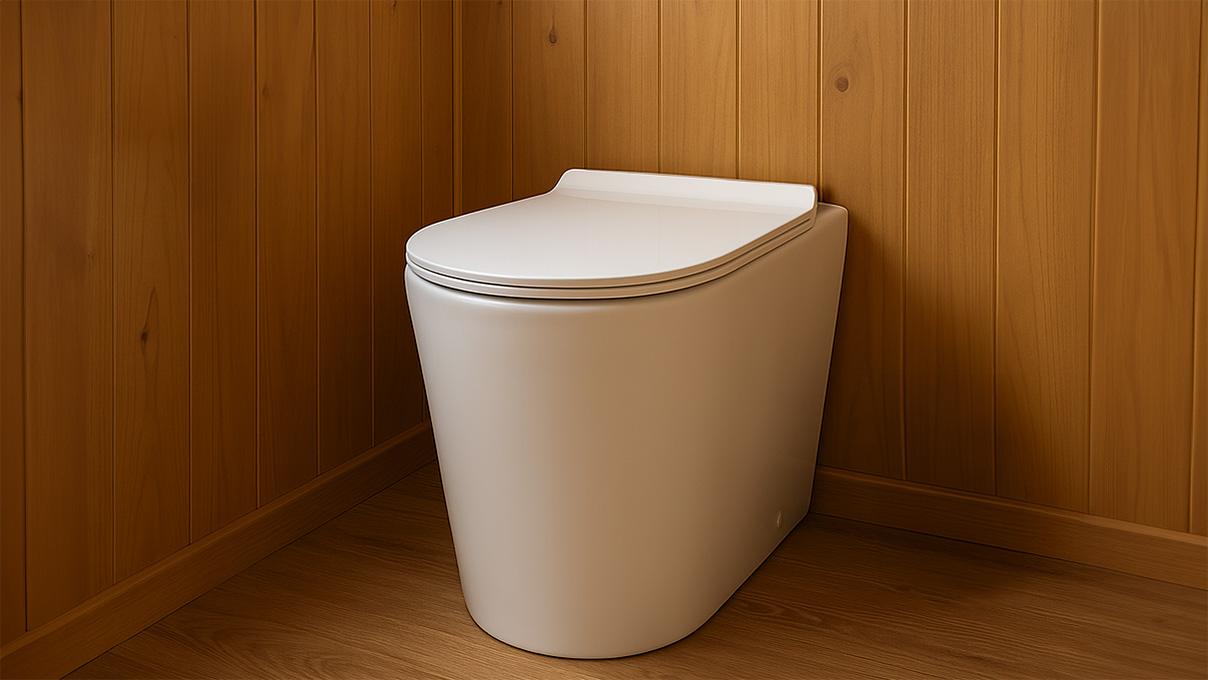
For homesteaders who want the toilet area to feel more like a modern indoor bathroom, split-system composting toilets with ceramic pedestals are an excellent choice. These systems separate the toilet pedestal (installed indoors) from the composting container (installed below the floor level), allowing for:
- A clean, odorless user experience
- A stylish and durable look, thanks to real ceramic fixtures
- Higher capacity/volume and extended service intervals
They’re a great fit when comfort and aesthetics matter just as much as function.
Batch Composting Systems with Multiple Bins
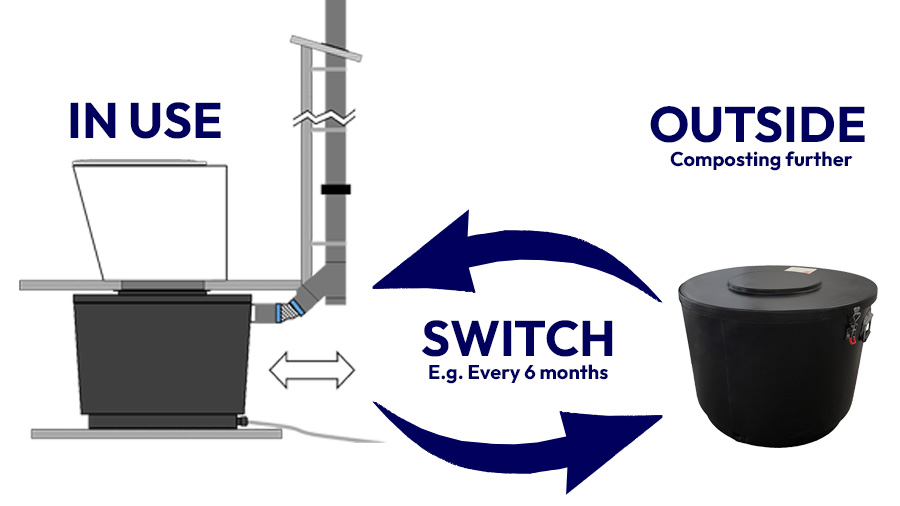
Batch composting toilets are ideal for farms with multiple users or anyone who wants to minimize contact with waste. These systems come with two or more interchangeable containers and offer several key benefits:
- Safe and hands-off composting: Once a bin is full, it can be closed and set aside to finish composting without handling raw waste.
- Easy maintenance: Swapping out containers takes just minutes and doesn’t require any special tools or heavy lifting.
- Expandable capacity: If your farm grows—or if you host visitors or workers—extra containers can be added to meet demand.
- Reliable year-round performance: Especially useful for off-grid setups where water and power use are limited.
Batch systems like the Green Toilet 330 are especially popular due to their robust design and large composting volume.
Recommended Accessories
A few smart accessories can make your composting toilet system even more functional and comfortable:
- Whirlybird: These wind-powered vents are perfect for off-grid installations, helping to boost airflow and reduce odors without using electricity.
- Waterless urinal: Great for men’s use, they provide convenience and reduce the liquid load on the main composting toilet.
- Thermal toilet seat: For non-heated outbuildings, barns, or sheds, these warm seats add comfort during the colder months.
Composting toilets are a natural fit for homesteads and small farms, offering a practical, sustainable, and cost-effective alternative to traditional plumbing. Whether you’re living off-grid or just looking to live more in tune with the land, the right system can make a big difference.


